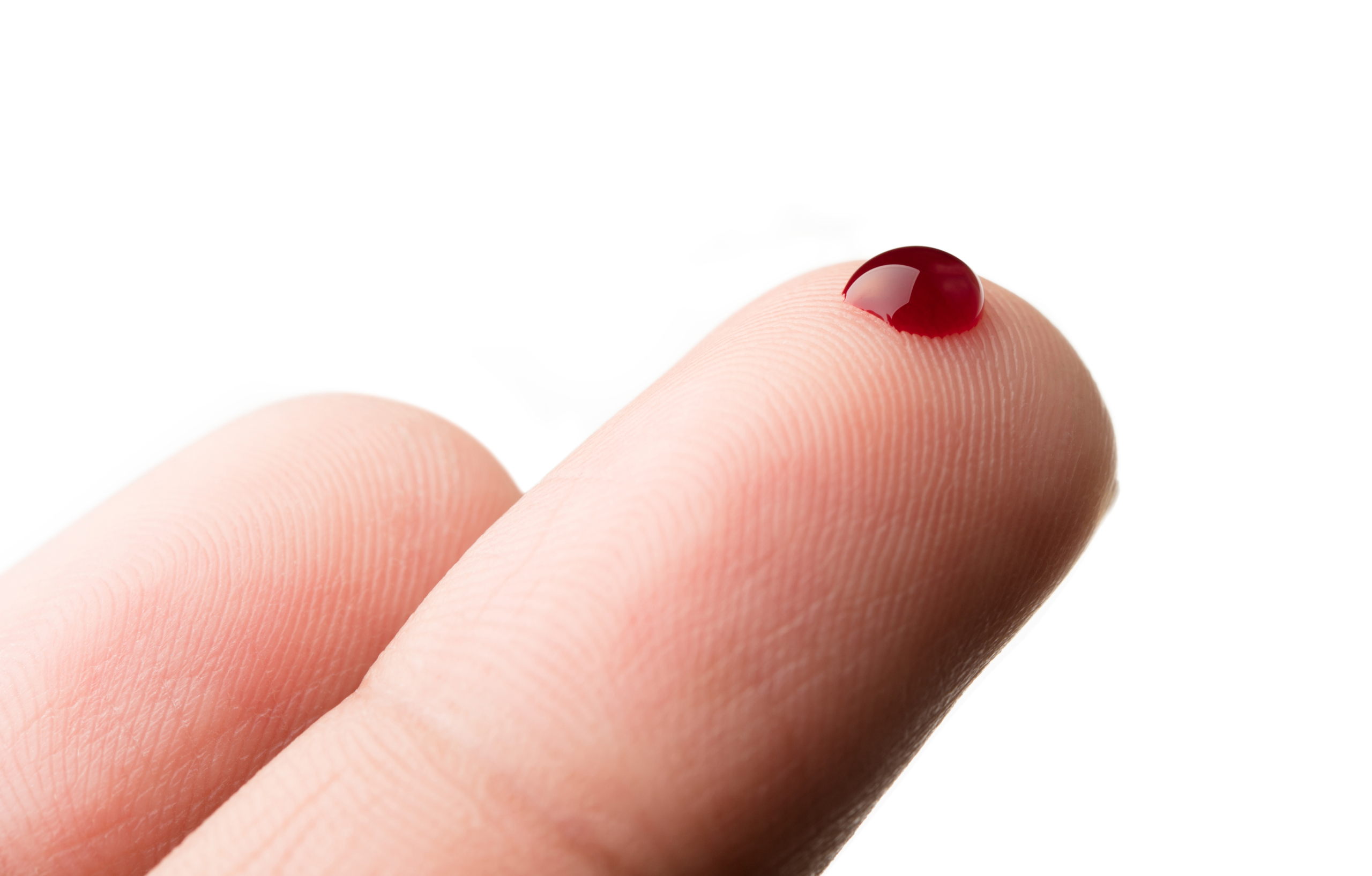How Much Blood Is Excused for the Prayer to Be Valid?
Hanafi Fiqh
Answered by Shaykh Yusuf Weltch
Question
At Isha time, I was bleeding on my finger, and it didn’t stop. So I went to sleep 45 to 50 minutes before fajr. I performed wudu, and no blood came from the wound. After wudu, I was careless and touched the wound so that it bled. So I considered it excused because the bleeding didn’t stop and prayed Isha (there were about 30 minutes till fajr). Is this correct?
Note that when I put a bandage over it, it will not bleed, only with direct contact.
And if the above is correct, do I need to stay awake the whole time of fajr to see if I bleed again when I touch the wound, which will maybe do or not when doing wudu?
And if I go to sleep at fajr time and check later in the day if I will bleed when touching the area, is my Isha valid?
Answer
In the Name of Allah, the Most Merciful and Compassionate
Legally Excused
If your finger bleeds continuously so that it does not stop long enough for you to make a basic ablution (wudu) and prayer, you are excused. [Tahtawi/Shurunbulali, Hashiyat Maraqi al-Falah]
Not Excused If Preventable
However, if you can stop the bleeding without putting yourself in undue difficulty, it is obligatory to do so, and you are no longer considered excused. [Ibid.]
From your statement, “when I put a bandage over it, it will not bleed,” it is clear that you are required to stop the bleeding by dressing the wound with a bandage; you can then perform the complete ablution and merely wipe (with a wet hand) over the bandage.
Moving Forward
Due to the above, it is required of you to make up your Isha prayer.
Hope this helps
Allah knows best
[Shaykh] Yusuf Weltch
Checked and Approved by Shaykh Faraz Rabbani
Shaykh Yusuf Weltch is a teacher of Arabic, Islamic law, and spirituality. After accepting Islam in 2008, he then completed four years at the Darul Uloom seminary in New York where he studied Arabic and the traditional sciences. He then traveled to Tarim, Yemen, where he stayed for three years studying in Dar Al-Mustafa under some of the greatest scholars of our time, including Habib Umar Bin Hafiz, Habib Kadhim al-Saqqaf, and Shaykh Umar al-Khatib. In Tarim, Shaykh Yusuf completed the memorization of the Qur’an and studied beliefs, legal methodology, hadith methodology, Qur’anic exegesis, Islamic history, and a number of texts on spirituality. He joined the SeekersGuidance faculty in the summer of 2019.
